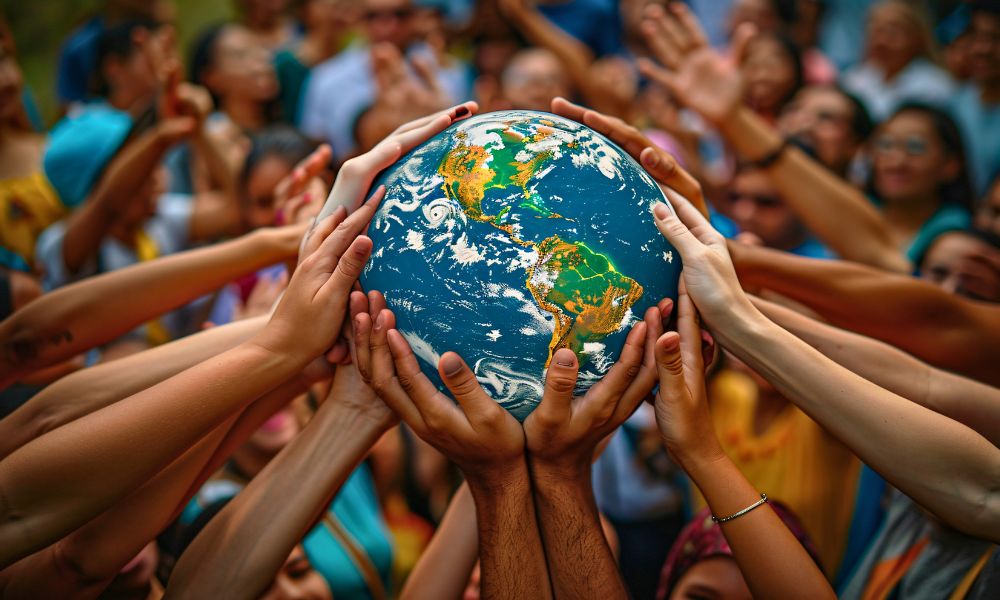Dee Knight’s Blog shares stories, ideas, and news about peace, justice, and fairness around the world. In today’s complex times, understanding China’s global role is vital. Many debates focus on whether China represents conflict or a chance for cooperation. Exploring this role helps uncover new ways forward for peace and progress.
Understanding China’s Global Role in the 21st Century
The world has entered a New Cold War, where tensions shape policies across nations. In this environment, China’s global role has become more important than ever. Instead of rivalry, countries can focus on dialogue and respect. China’s influence today is not limited to politics but extends across trade, science, and culture. Its choices affect billions worldwide.
China’s Global Role and the Impact of China’s Rise
China’s rise has changed the balance of power. This growth has lifted millions from poverty and reshaped world trade. With economic strength, China’s global role now influences industries, technology, and even climate action. Some nations see this rise as a threat, but it can also be a source of cooperation. Learning from China’s success may help other developing countries grow fairly.
Befriending China and Building Global Partnerships
The idea of befriending China offers another way to understand China’s global role. Friendlier relations reduce tension and open doors to progress. Mutual trust can replace fear, creating space for fair trade and shared development. Partnerships in science, education, and culture strengthen ties across borders. This approach brings stability rather than fueling division.
China’s Global Role and the Realistic Path to Peace
The Realistic Path To Peace lies in reducing conflict and fostering respect. Within this path, China’s global role stands at the center. Cooperation between China and other nations can prevent unnecessary wars. Instead of competing in arms, countries could cooperate in clean energy and healthcare. These choices define whether the world moves toward destruction or peace.
Challenges Facing China’s Global Role
The New Cold War has created roadblocks for trust. Many see China’s global role through suspicion, focusing only on rivalry. This mindset limits progress and deepens divides. China faces the challenge of proving its commitment to fairness and cooperation. Building stronger partnerships will help ease tensions and create space for peace.
Opportunities Linked to China’s Rise
With China’s rise, opportunities for growth expand globally. For Africa, Latin America, and Asia, China’s global role creates new paths for investment and progress. Roads, bridges, and schools funded by Chinese projects help local communities grow. Instead of fearing China, the world can use this chance for shared development and fairness.
Befriending China for a Better Future
Choosing befriending China offers an answer to mistrust. By seeing China’s global role as a chance for cooperation, nations can lower conflict. Exchanges in education and culture bring people closer. Instead of focusing only on competition, cooperation builds shared security and prosperity. Such actions create a world based on respect and balance.
A Realistic Path to Peace Through China’s Global Role
The Realistic Path To Peace requires practical choices from all sides. Here, China’s global role plays a guiding part. Dialogue, trade fairness, and respect for sovereignty can reduce global stress. Small steps, like cooperation on climate change, show how trust can grow. This path may be hard, but it is possible.
Conclusion: China’s Global Role and the Search for Peace
Understanding China’s global role means seeing both challenges and opportunities. The New Cold War fuels division, while China’s rise offers chances for growth. By befriending China, the world can build stronger ties. The Realistic Path To Peace depends on practical cooperation. With the right choices, nations can replace conflict with progress and justice.



